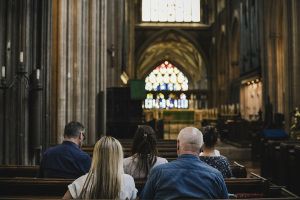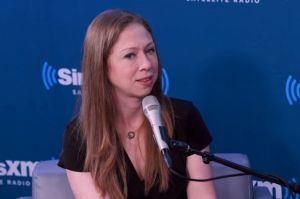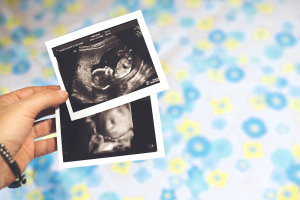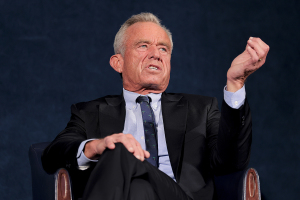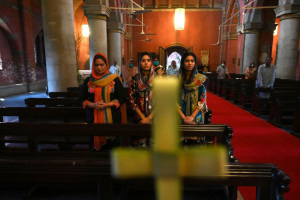Over 120 church leaders blast UK’s ‘unlawful’ closure of churches amid COVID lockdowns
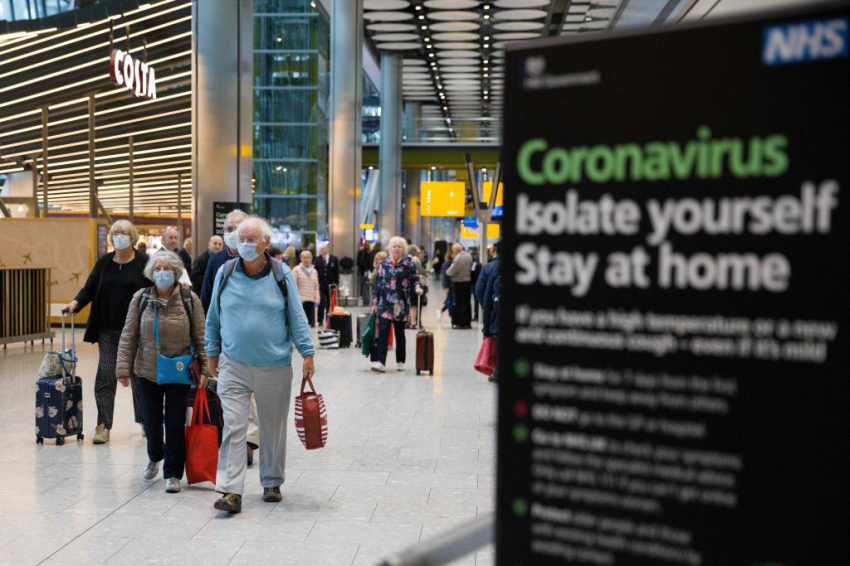
More than 120 church leaders are taking legal action against the U.K. government for its “unlawful” decision to ban worship services during the ongoing COVID-19 lockdown.
The leaders of various denominations are demanding a judicial review of the government's decision, arguing that the "measures involve a direct and serious interference with the independence of religious organisations and freedoms of religious people."
The Christian Legal Centre is supporting the religious leaders’ legal challenge, according to a statement by the group.
“The English and Welsh Governments have now introduced two successive sets of lockdown measures which have completely prohibited and criminalised public communal worship, a core aspect of religious life for the Claimants and their congregations,” the letter reads. “With these measures, the Governments have inflicted a terrible human cost, without rigorous consideration of less onerous restrictions, and as part of a package which leaves places of worship open for secular activities.”
Pastor Ade Omooba MBE, co-founder of the campaign group Christian Concern and who is leading the legal challenge, said, “We call on the government to recognise the vital importance of church ministry and the principle of church autonomy from the state.”
The United Kingdom has been experiencing a second wave of coronavirus cases over the last month. Johnson ordered a national lockdown for four weeks until Dec. 2, forcing bars, restaurants, non-essential shops, and gyms, among others, to close. Places of worship were also ordered to close for services and only remain open for private prayer. Schools and workplaces have been allowed to stay open. People can only leave their homes for essential activities, school, work and exercise.
According to Johns Hopkins University, the U.K. currently has over 1.3 million COVID-19 cases and over 51,000 deaths. On Thursday, it reported its highest daily infection rate with 33,470 new cases of the disease.
The church leaders who are challenging the second lockdown noted that they "do not suggest that Parliament cannot legislate on matters relating to or impinging upon the Church of England or any other religion. However, the respect for freedom to worship is written into the constitutional DNA of this country."
They also argued that such extensive and ongoing restrictions have never been imposed in the country before.
"In the long history of this country, there is no precedent for the temporal authorities prohibiting religious services on grounds of public health. There has been no comparable action in response to previous disease epidemics, up to and including the “Spanish flu” (H1N1) pandemic of 1918," the claim states.
A spokesman for the Ministry of Housing, Communities and Local Government stated, “The government doesn’t take imposing further restrictions lightly but this action is vital in tackling the spread of the virus. Places of worship bring huge solace and comfort to people, especially during this challenging time.”
However, Bishop Michael Nazir-Ali, a former Church of England bishop of Rochester, said church leaders understand the seriousness of the pandemic and the government’s need to take measures to prevent the spread of the virus, but not in the fashion it is being done.
“This task has to be held in tension with the ancient liberties of the church which have been won through hard struggle over the course of our history,” he said. “These liberties include freedom of belief, expression and worship. The principle of the freedom of worship needs to be maintained and churches have been assiduous in maintaining safety in buildings and among worshippers.
“There is widespread unease among many church leaders about the lack of evidence and consultation regarding the ban on collective worship.”
Earlier this month, leaders from various faith traditions, including the Church of England, the Roman Catholic Church and orthodox Judaism, along with Muslim, Hindu, Sikh and Pentecostal representatives, wrote an open letter to Johnson, saying: "We understand entirely that the country faces significant challenges and the reasons behind the Government’s decision to bring in new measures. But we strongly disagree with the decision to suspend public worship during this time. We have had reaffirmed, through the bitter experience of the last six months, the critical role that faith plays in moments of tremendous crisis, and we believe public worship is essential."
They pointed out that they had collaborated closely with health and government officials over the last six months to keep people safe.
"We have demonstrated, by our action, that places of worship and public worship can be made safe from Covid transmission. Given the significant work we have already done, we consider there to be, now, no scientific justification for the wholesale suspension of public worship."
Former Prime Minister Theresa May also recently expressed concerns to the House of Commons. "My concern is the government today making it illegal to conduct an act of public worship for the best of intentions, sets a precedent that could be misused for a government in the future with the worst of intentions. It has unintended consequences," she said.
Gavin Ashenden, former honorary chaplain to the Queen, contended for the need to honor those who have sacrificed their lives for the right to worship.
"Church leaders as their successors have a duty both to ensure we are faithful to their memory and sacrifices and in our generation to be faithful to our God and our consciences," he said. "Such fidelity sets us in polite but determined opposition to any government that closes the doors of Churches, prohibiting access to the sacraments and our corporate responsibilities to God and to one another."















